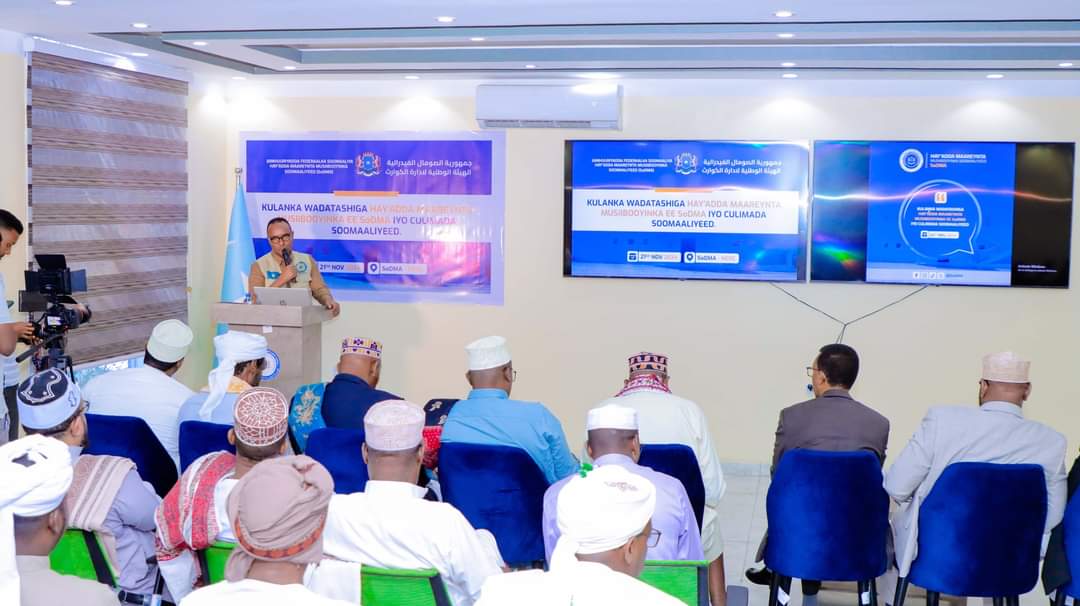The COMESA-EAC-SADC Tripartite Free Trade Area (TFTA) Agreement is set to come into force today, following the attainment of the required ratification threshold.
The agreement needed ratification from at least 14 of the 29 Member/Partner States to become effective.
Angola’s ratification on June 25, brought the total to 14, meeting the threshold for the agreement’s entry into force.
This development was announced at the 37th Tripartite Task Force Meeting held on July 20 in Accra, Ghana, alongside the 6th African Union Mid-Year Coordination Meeting.
The meeting was attended by Elias Mpedi Magosi, Executive Secretary of the Southern African Development Community (SADC) and Chairperson of the Tripartite Task Force; Veronica Nduva, Secretary General of the East African Community (EAC); and Chileshe Mpundu Kapwepwe, Secretary General of the Common Market for Eastern and Southern Africa (COMESA).
The countries that have ratified the agreement include Angola, Botswana, Burundi, Egypt, Eswatini, Kenya, Lesotho, Malawi, Namibia, Rwanda, South Africa, Uganda, Zambia, and Zimbabwe. These nations collectively accounted for 75 percent of the Tripartite’s GDP in 2022.
The Tripartite Free Trade Area was established following a decision on October 22, 2008, by the Tripartite Summit of Heads of State and Government, aiming to enhance market access, address the issue of multiple memberships, and further cooperation, harmonisation, and coordination of policies among the three regional blocs.
The 29 Tripartite partner states represent 53 percent of the African Union’s membership, more than 60 percent of the continent’s GDP ($1.88 trillion), and a combined population of 800 million.
Mr Magosi urged continued engagement with states that have yet to ratify the agreement, encouraging them to mobilise resources and support implementation efforts, including establishing necessary structures.
The TFTA framework is based on three pillars: Market Integration, focusing on trade liberalisation and business mobility; Infrastructure Development, enhancing connectivity and reducing business costs; and Industrial Development, aimed at improving regulatory and legal frameworks, adding value, diversifying industries, increasing productivity and competitiveness, and facilitating structural change.
Ms Nduva emphasised the importance of implementing the agreement to harness its potential benefits and strengthen Member/Partner States’ participation in the African Continental Free Trade Area (AfCFTA).
She noted progress in developing modalities
for the agreement’s implementation, finalising most aspects of the Rules of Origin, and engaging in tariff offer negotiations.
The EAC boss also mentioned ongoing efforts to engage EAC Partner States that have not yet ratified the TFTA Agreement, highlighting that Tanzania and South Sudan are in the process of ratification.
Ms Kapwepwe expressed appreciation for achieving the necessary ratifications and stressed the importance of ensuring the Tripartite works effectively to support the AfCFTA.
She called for careful monitoring and strategising to enhance implementation levels and ensure that stakeholders in the partner states benefit from the agreement.
The meeting concluded with an agreement on a roadmap for the TFTA’s official launch at the 4th Tripartite Summit of Heads of State and Government, scheduled for later this year.









